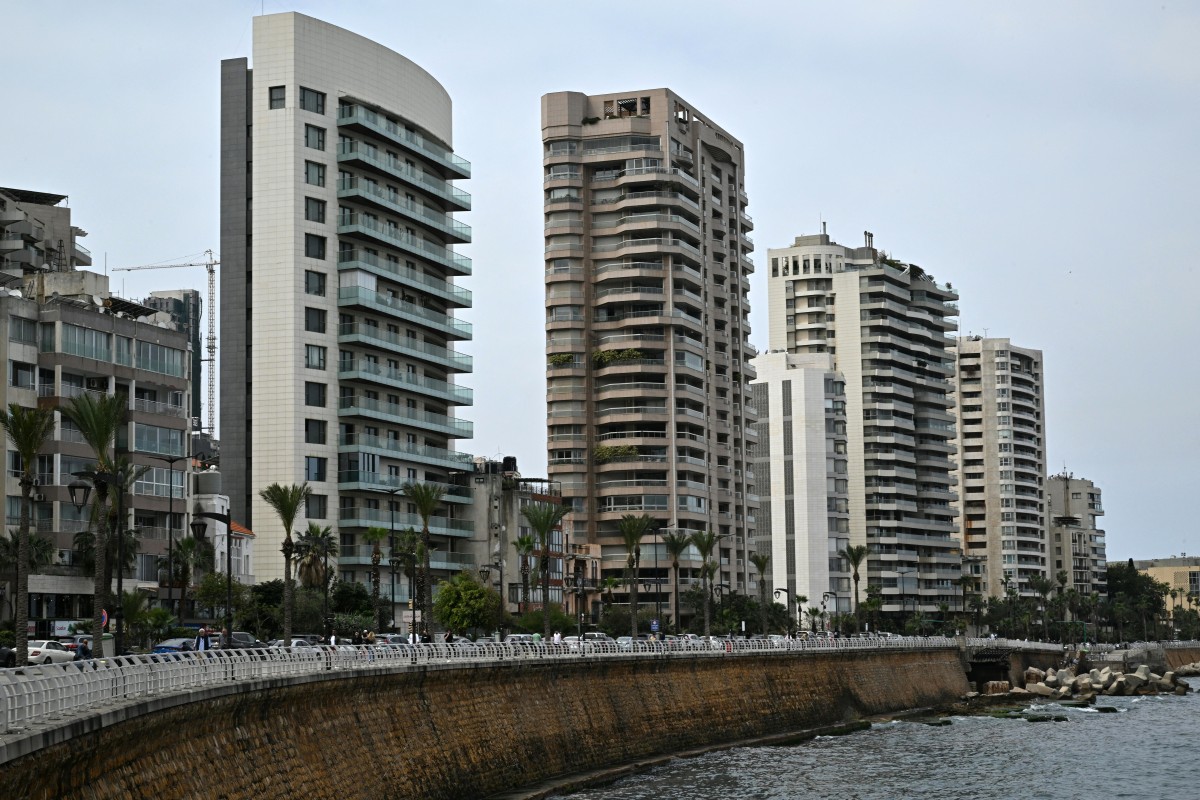Amid Lebanon’s ongoing financial and monetary collapse since 2019, the damage has extended far beyond traditional banks and the Central Bank. Among the silent casualties is the Public Corporation for Housing (PCH), a vital institution that for decades served as the only housing lifeline for low- and middle-income families. Today, its role as a social safety net is under existential threat.
A Crippling Blow
The devaluation of the Lebanese pound has severely eroded the real value of loans issued by the PCH, which were traditionally repaid in local currency. What once equaled $1 billion in loan value now amounts to barely $17 million—representing a loss of over 60 times the original worth. This massive depreciation has paralyzed the institution’s ability to lend.
Adding to the crisis is the complete freeze of new housing loans, due to both the absence of funding and failure to amend outdated laws. Thousands of Lebanese families have been deprived of their only chance to own a home—at a time when the cost of living is soaring and emigration continues to rise.
Repayment Chaos and Staff Shortages
The situation has worsened as thousands of older borrowers—over 55,000 according to estimates—rush to settle their loans in full to capitalize on the currency difference. But with the institution operating at just 17% of its normal staffing capacity, the result has been administrative chaos and long processing delays.
Many borrowers have resorted to using intermediaries and brokers to fast-track their paperwork, fueling disorganization and creating opportunities for exploitation.
Housing: A Right Undermined
PCH Director General Rony Lahoud insists fears about a potential dollarization of loan terms are unfounded. Yet he acknowledges the public’s anxiety as a reflection of deep mistrust in state institutions. While lending is currently suspended, the PCH has already drafted a comprehensive housing plan awaiting Cabinet review. The proposal includes a mix of loan programs, rental solutions, and lease-to-own schemes.
Key proposals under consideration:
- Launch of a leasing system supported by the Ministry of Finance.
- Tax incentives for real estate developers.
- Public-private partnerships to revive Lebanon’s dormant housing market.
What Needs to Happen
- Experts agree on a multi-pronged approach to resurrect the housing sector:
- Secure fresh dollar funding from international organizations or private investors.
- Expedite legal reforms to activate the national housing strategy.
- Restore citizen trust through transparent loan management.
- Launch public awareness campaigns to inform citizens of their housing rights and warn against informal mediation.
More Than Just a Financial Tool
In a country bleeding both economically and demographically, reactivating housing loans is more than a fiscal measure—it’s a social imperative. It can slow migration, reduce poverty, support family stability, and inject life into the stagnant real estate sector and wider economy.
Now more than ever, the Lebanese citizen needs a roof over their head and a shot at stability. And despite the wounds it carries, the Public Corporation for Housing still holds the potential to rise again—if political will and financial support align.
Please post your comments on:
[email protected]
 Politics
Politics













